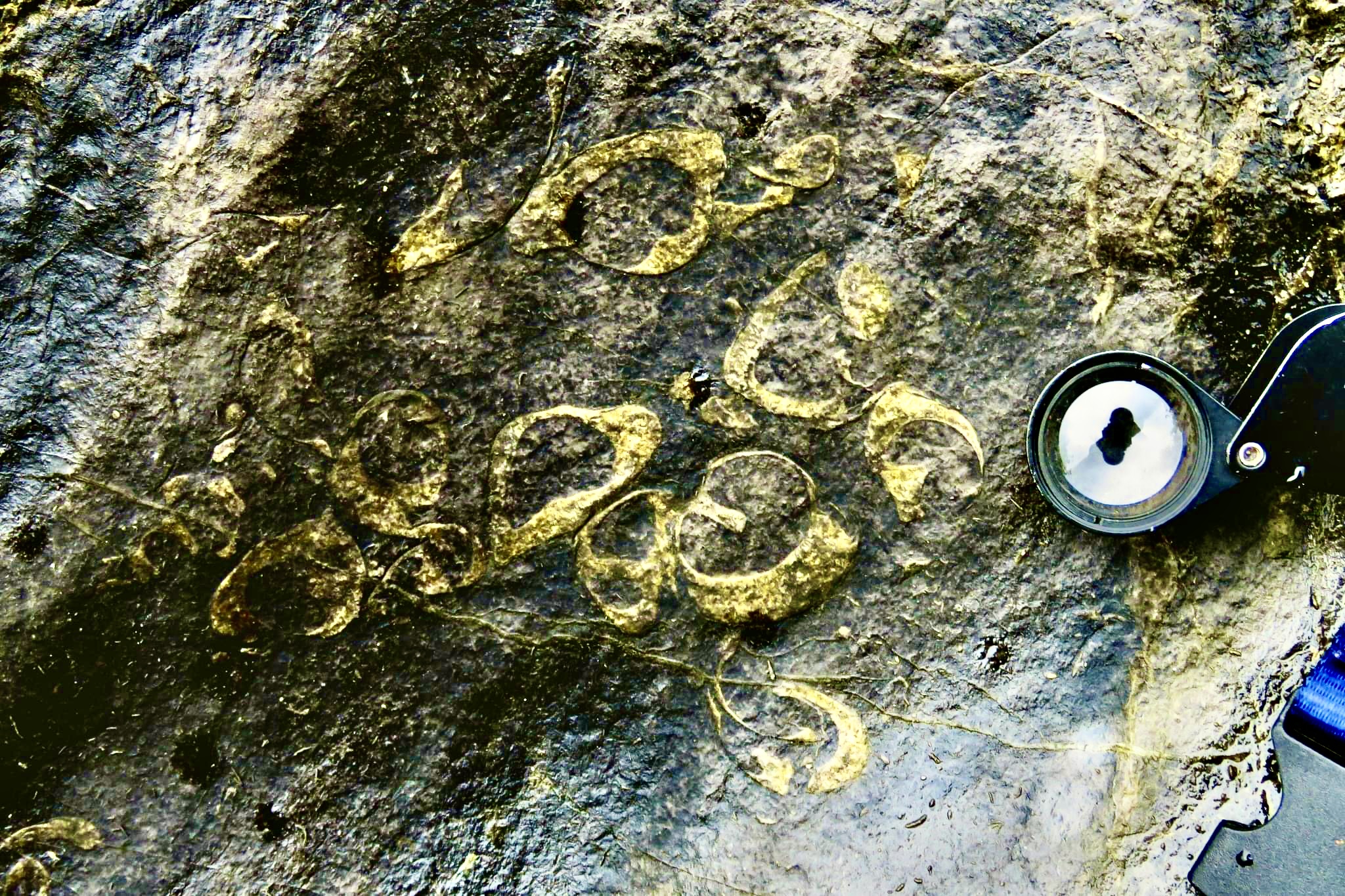'First and oldest' fossil gastropods found in Masungi Georeserve
By Jel Santos

Gastropod fossils discovered in the limestones of Masungi Georeserve in Baras, Rizal may be the "first and oldest" fossil record of its kind in the country.
This was according to a study made by geologists and paleontologists from the University of the Philippines - National Institute of Geological Sciences (UP-NIGS).
Gastropods are a type of mollusk that includes snails, slugs, and limpets. This mollusk group is one of the few that has succeeded in living in all three principal habitats: the ocean, freshwater environments, and land.
The presence of these fossilized gastropods demonstrates how the Masungi landscape was submerged underwater some 60 million years ago, according to the study.
With this discovery, researchers said Masungi Georeserve must be conserved and protected, underscoring the importance of protecting the limestone formations which are located between the Upper Marikina Watershed and Kaliwa Watershed, as well as within the National Park created through Presidential Proclamation 1636 in 1977.
“The Masungi-Georeserve as a living laboratory for the study and protection of karst terrains represents a unique opportunity for the national and local governments, the academe, and industry partners to come together to develop best practices in the management, protection, and conservation of this important fragile and non-renewable resource,” the UP-NIGS researchers noted.
“We envision Masungi Georeserve as a place where educators, students, and local government can interact and collaborate in the study of karst features and processes and development of best practices in the management and conservation of karst landforms,” they added.
Moreover, the research team said they have also found traces and fossilized remains of marine protists (foraminifera) embedded in the rocks during their research in July 2023.
Allan Gil S. Fernando, Alyssa M. Peleo-Alampay, Leopoldo P. de Silva, Jr., and Joaquin Miguel S. Lacson were the researchers who made the discovery. A Japanese malacologist (an expert specialized in the study of mollusks) who has done substantial work on fossil mollusks in the Philippines recognized the significance of their discovery.
The UP-NIGS researchers want to conduct a follow-up field investigation within the year to better investigate the fossils, ascertain their exact age, and decide whether this is the country's first and oldest fossil record of this type of mollusk.